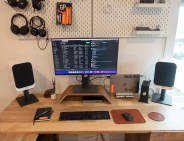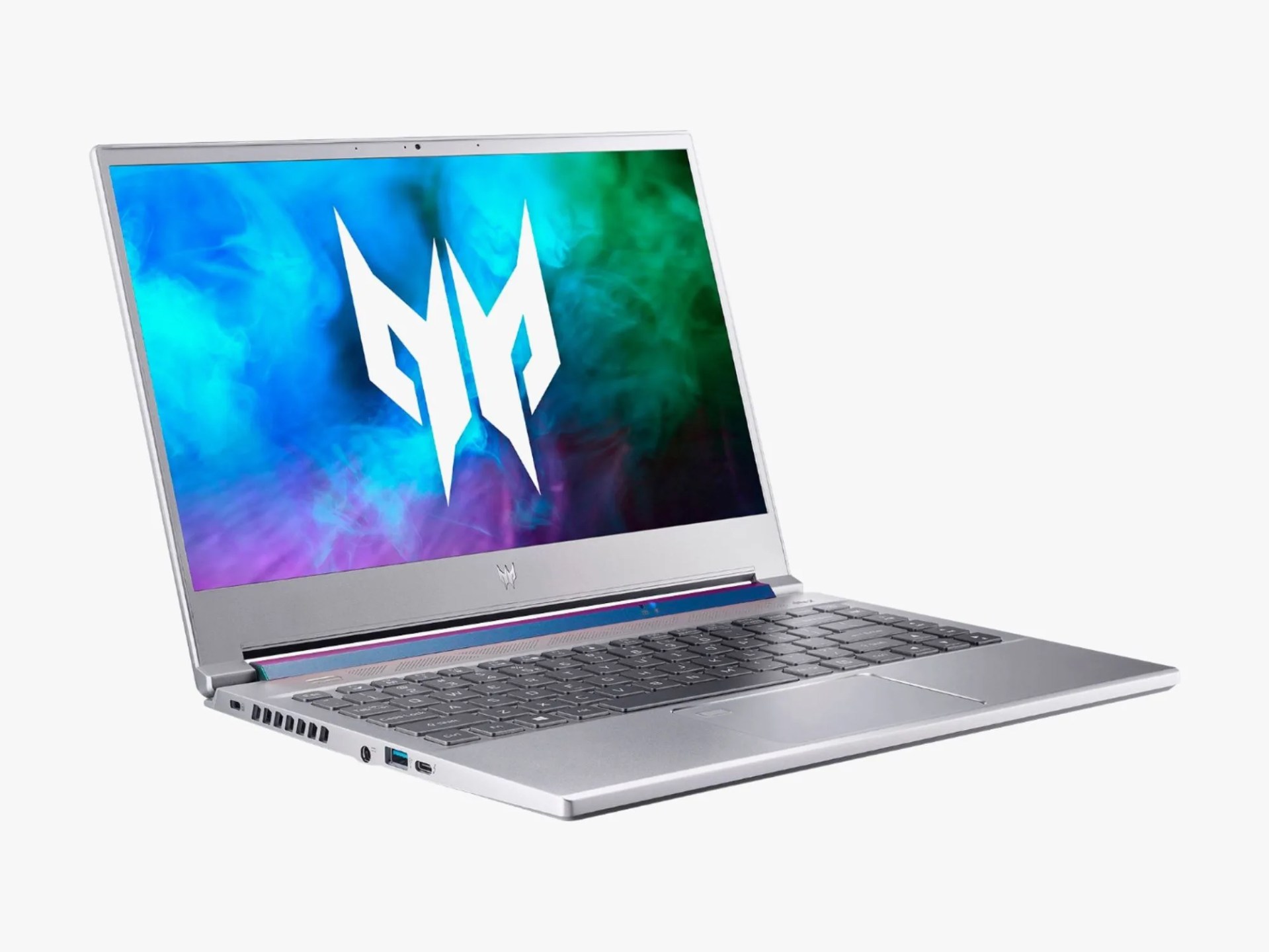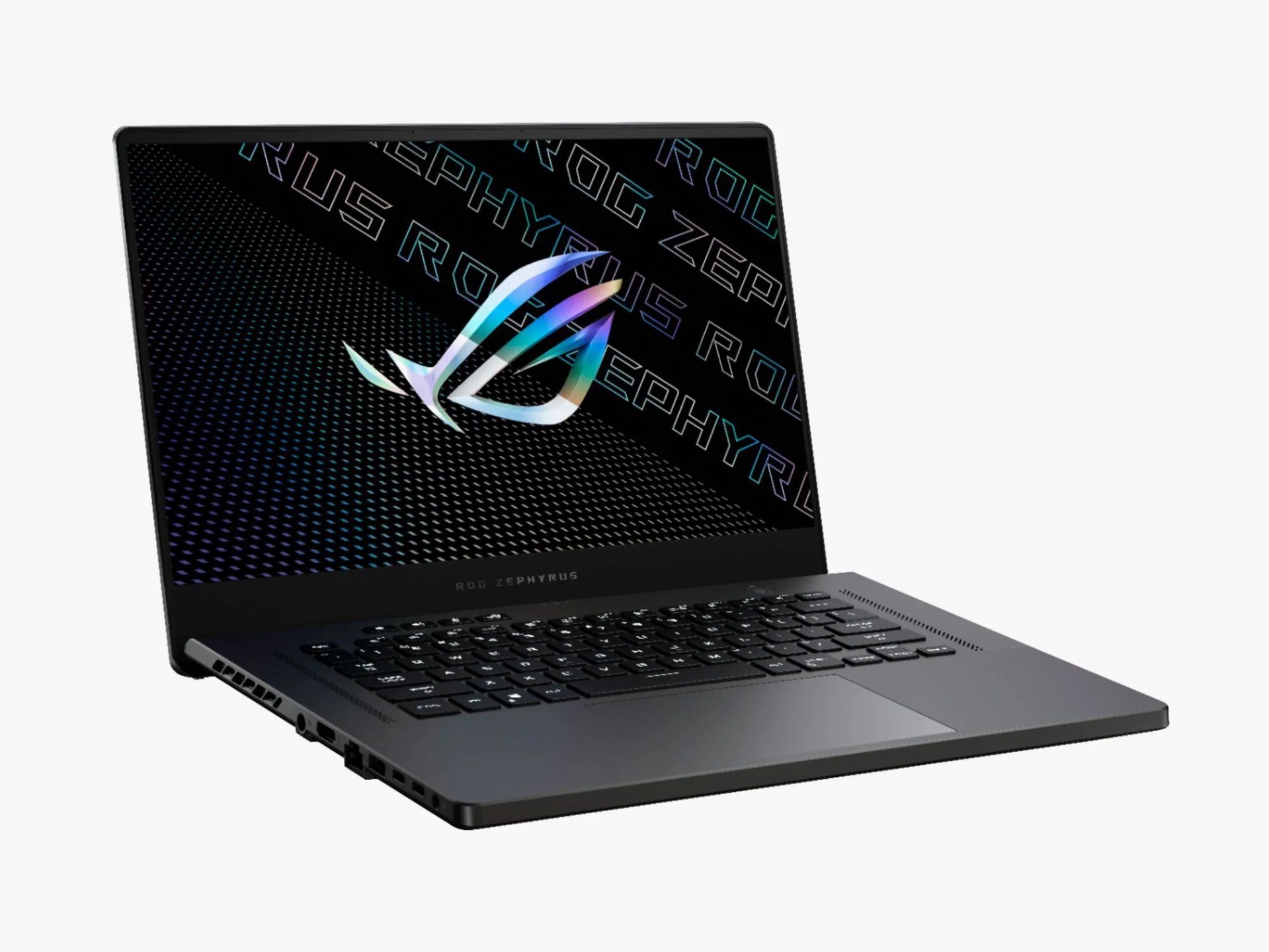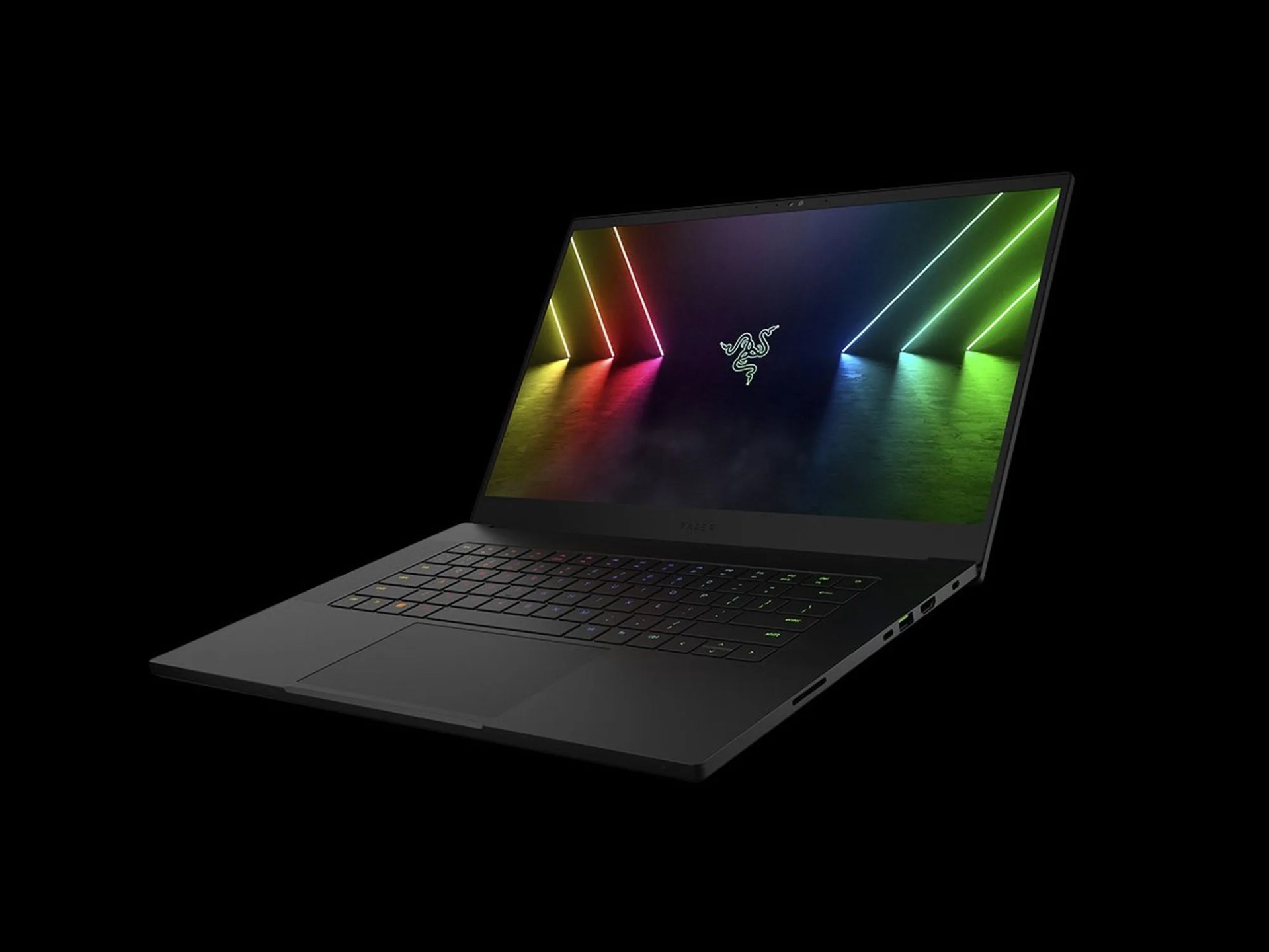Oh, what a time to be alive in this virtual world. While the COVID-19 pandemic has all had us locked inside way more than we’d like, virtual reality has stepped up and given us a way to explore without leaving the safety of our homes. There are games that offer immersive worlds, natural movement, and experiences that are truly only possible within VR games.
While the Oculus Quest and Quest 2 (now rebranded the Meta Quest 2) have made a strong case for standalone VR headsets, the games with the most expansive worlds, and the most mind-blowing graphics (such as Half-Life: Alyx, which really does live up to the hype) still require a robust PC to run. But if you’ve always been a portable person, I have good news for you: Laptops have really leveled-up, and many are now capable of running high-end games. Want some recommendations? We’ve gotcha covered.
Headset Requirements
Once you know which VR headset you want to buy, the very first thing you should do is look up what that headset’s minimum system requirements are, as well as its recommendations. Not all VR headsets have the same basic needs. For example, Oculus Rift (which is now Meta Rift, I guess?) wants an NVIDIA GTX 1050Ti or an AMD RX 470 graphics card, while the HTC Vive wants an NVIDIA GTX 1060 or an AMD RX 480, but it requires just 4GB of RAM, while the Rift asks for 8GB.
Slightly confusing, I know. Just start with the headset minimum requirements as your baseline when you start your search. You’re primarily going to be looking at the graphics card, the processor (CPU), and the amount of RAM, though ports are important, too! I would also add that you want the fastest Wi-Fi router possible. Your internet speed isn’t necessarily important, but if you want to wirelessly stream PCVR games to a wireless headset (like the Quest 2), then you need a quick router.





